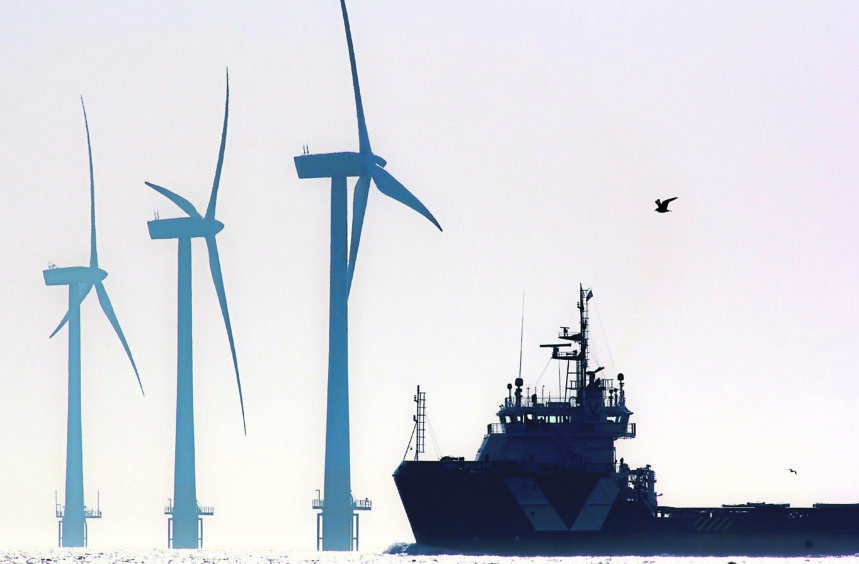
The number of jobs in the North Sea energy sector could fall by 20% in the coming years without “urgent investment” in offshore net zero solutions.
However, if the UK moves at pace there’s the potential for it to reinforce its “competitive position” in energy skills and capability, boosting total headcount in the industry by almost 100,000 by 2050, according to new analysis.
Research carried out by Aberdeen-based OGTC and the Offshore Renewable Energy Catapult (ORE Catapult) sets out three possible net zero situations for the North Sea sector.
They are modelled on the Committee on Climate Change’s Further Ambition scenario and aim to demonstrate the “potential prizes” available to the industry, as well as the “risks of inaction”.
Each situation achieves the UK’s goal of becoming net zero by 2050 using a different combination of energy solutions, with differing levels of economic benefits.
Colette Cohen, OGTC chief executive, said that although the scenarios are not “definitive”, they “paint a picture” of what the UK’s offshore energy system could look like by 2050.
Under the ‘emerging’ situation, renewable electricity accounts for 65% of the energy mix with gas still playing a larger part, requiring £202 billion worth of investment over the next three decades.
It is expected to lead to a decrease in direct and indirect jobs in the offshore energy sector, from a total of around 140,000 today to 113,000 in 2050.
There would also be a “limited” expansion of marine renewables and an increase in onshore wind and solar.
In ‘progressive’, offshore renewables “dominates the electricity market”, alongside blue and green hydrogen and carbon capture and storage.
It would require £293bn of cumulative investment through until 2050 and would support 158,000 jobs.
Oil and gas electrification would be needed to extend field life and secure domestic supply.
The final scenario, dubbed ‘transformative’, would result in an energy system driven by 150 gigawatts offshore wind and green hydrogen, requiring mammoth spending of £416bn.
However, total economic output across the UK economy is boosted from £40bn in 2020 to more than £125bn in 2050, and employment increases from 140,000 to 232,000, a rise of 66%.
It would entail a scaling up of floating wind to access deeper waters and there would have to be a “fast-track” consenting process for new offshore deployments.
The report claims that by investing in low carbon technology the UK can be a supplier, rather than a buyer, of both clean energy and net zero solutions.
Ms Cohen said: “There are tremendous opportunities for the UK, but we need strong alignment and urgent action from industry, governments and regulators to realise these benefits.”
Andrew Jamieson, chief executive at ORE Catapult, said: “The UK leads the world in offshore renewable energy and we now have a very real opportunity to capitalise on this and reshape an economy around green energy.
“Leveraging the innovation, skills, experience and investment of our oil and gas industry is imperative to seizing this moment, to protect and create thousands of jobs and deliver net zero”.
Recommended for you


